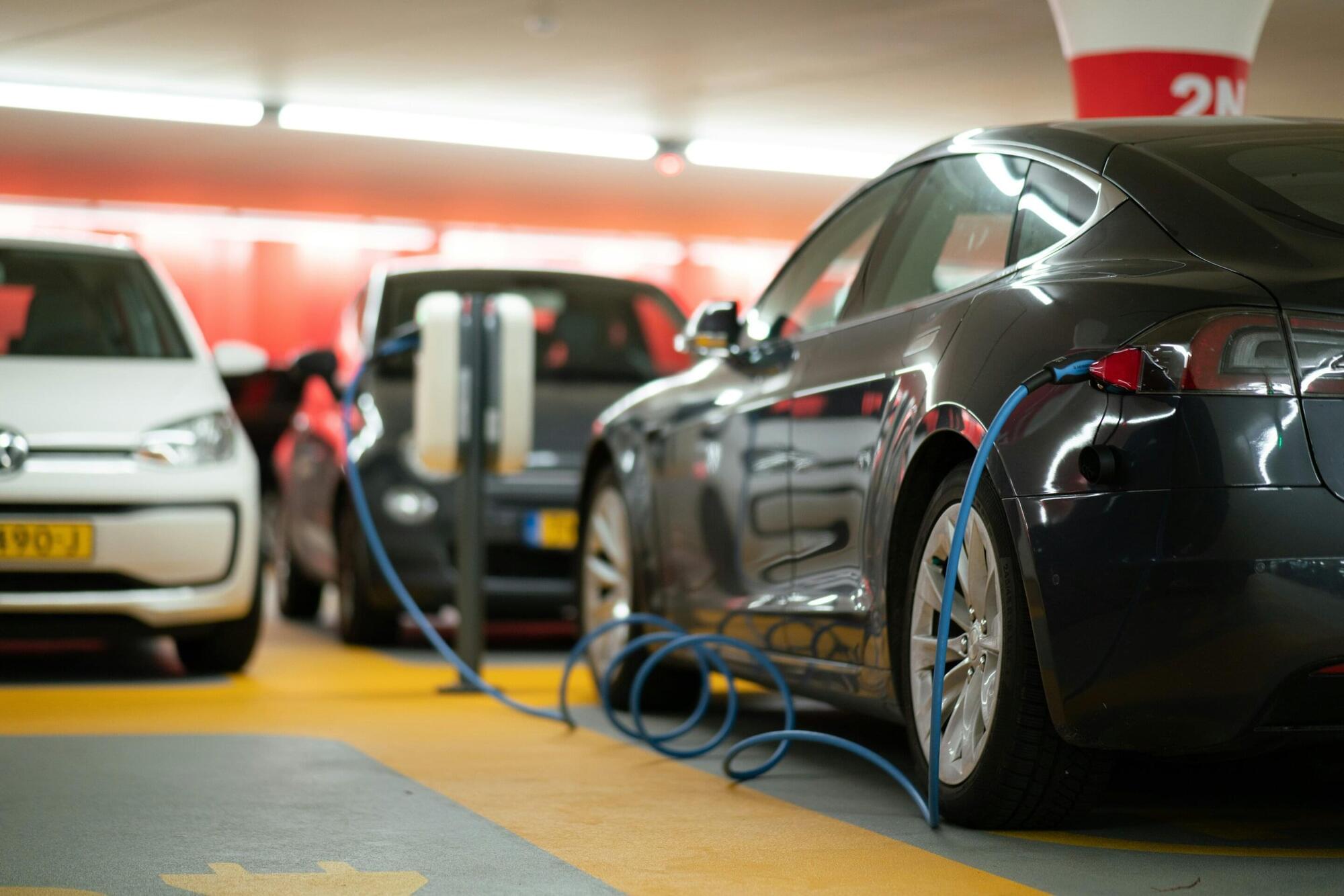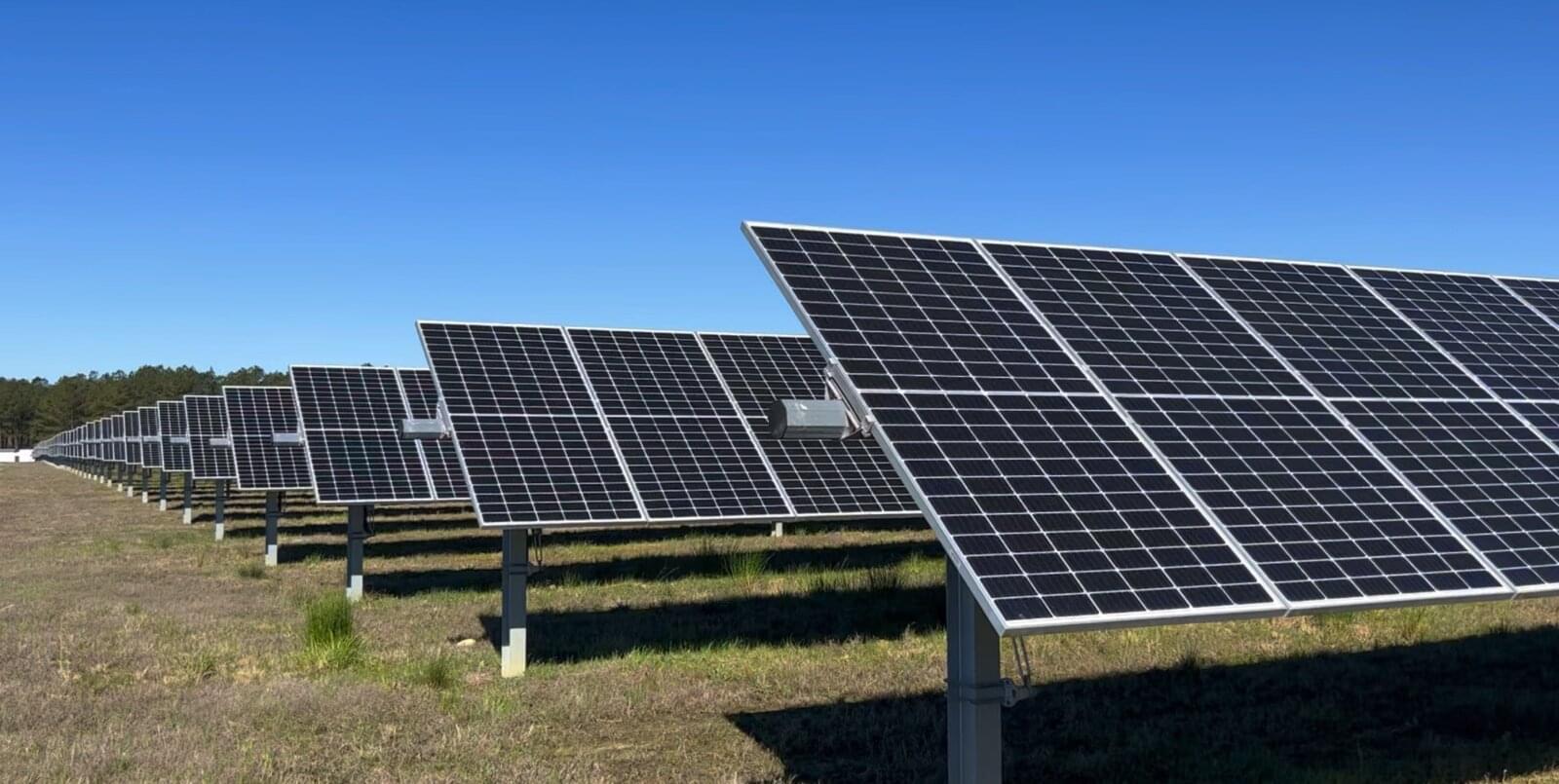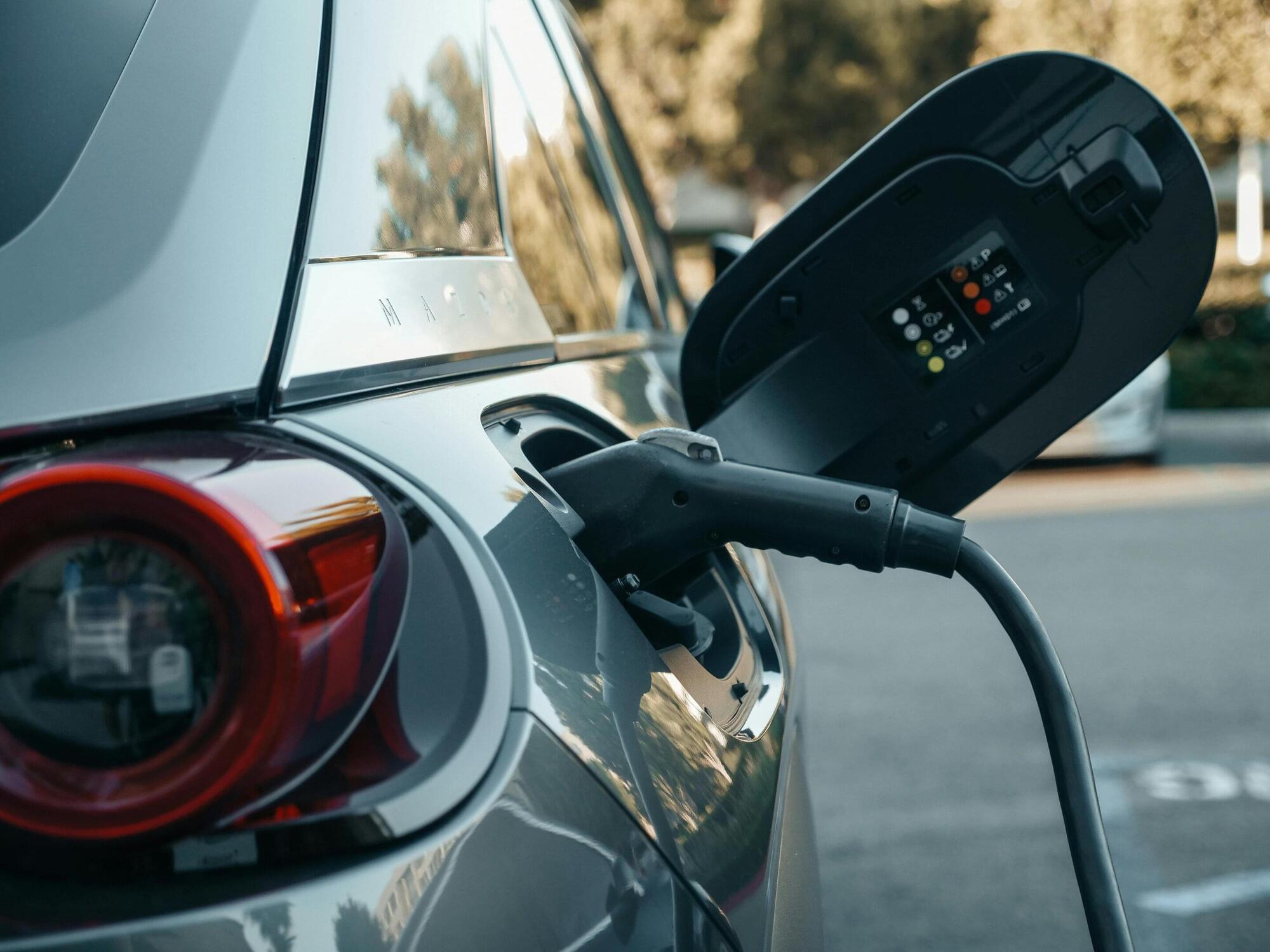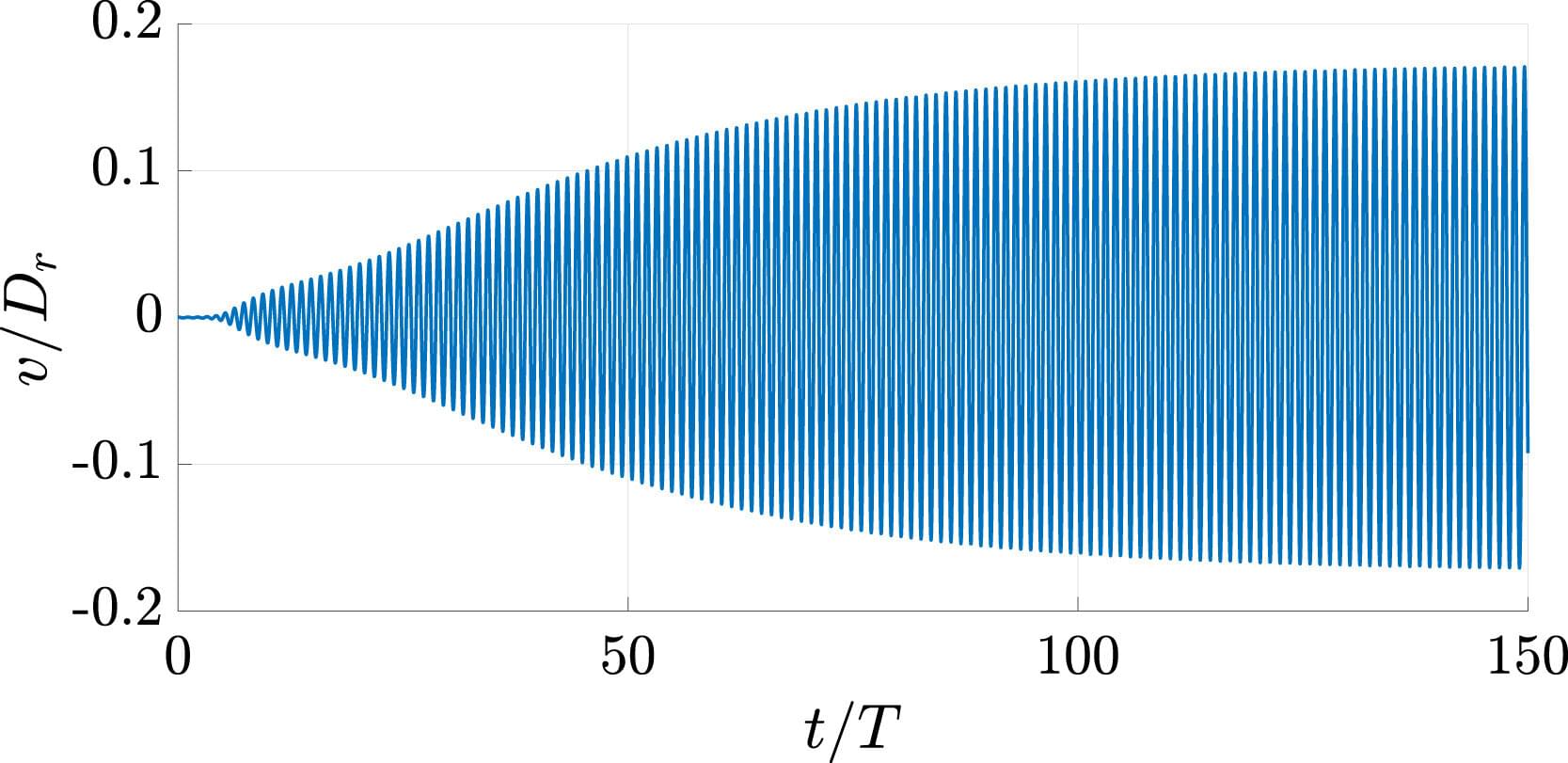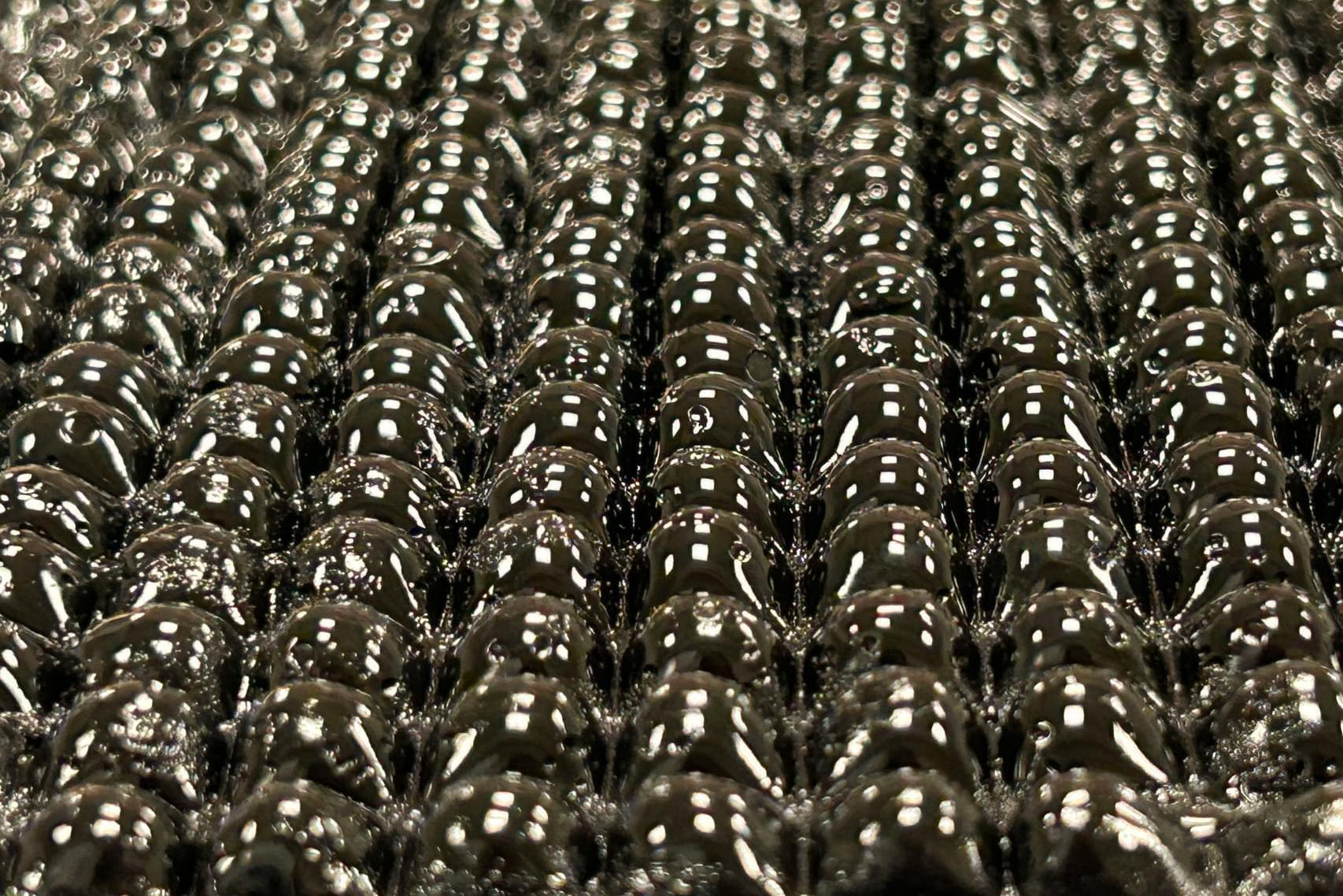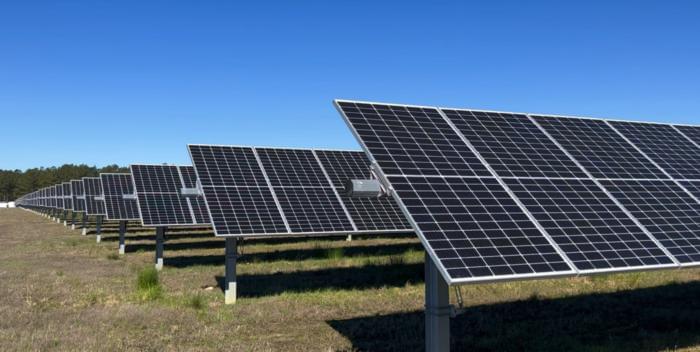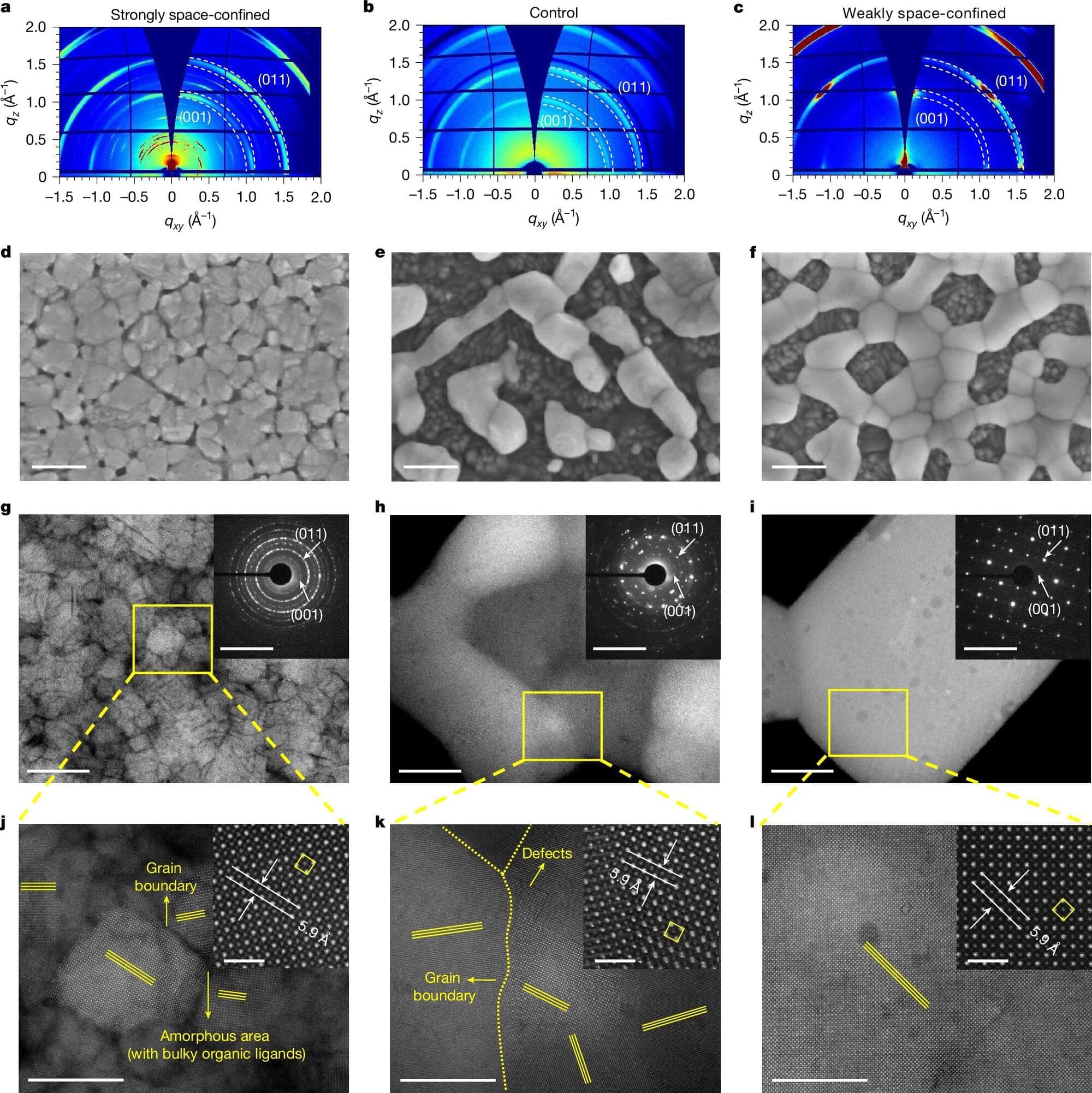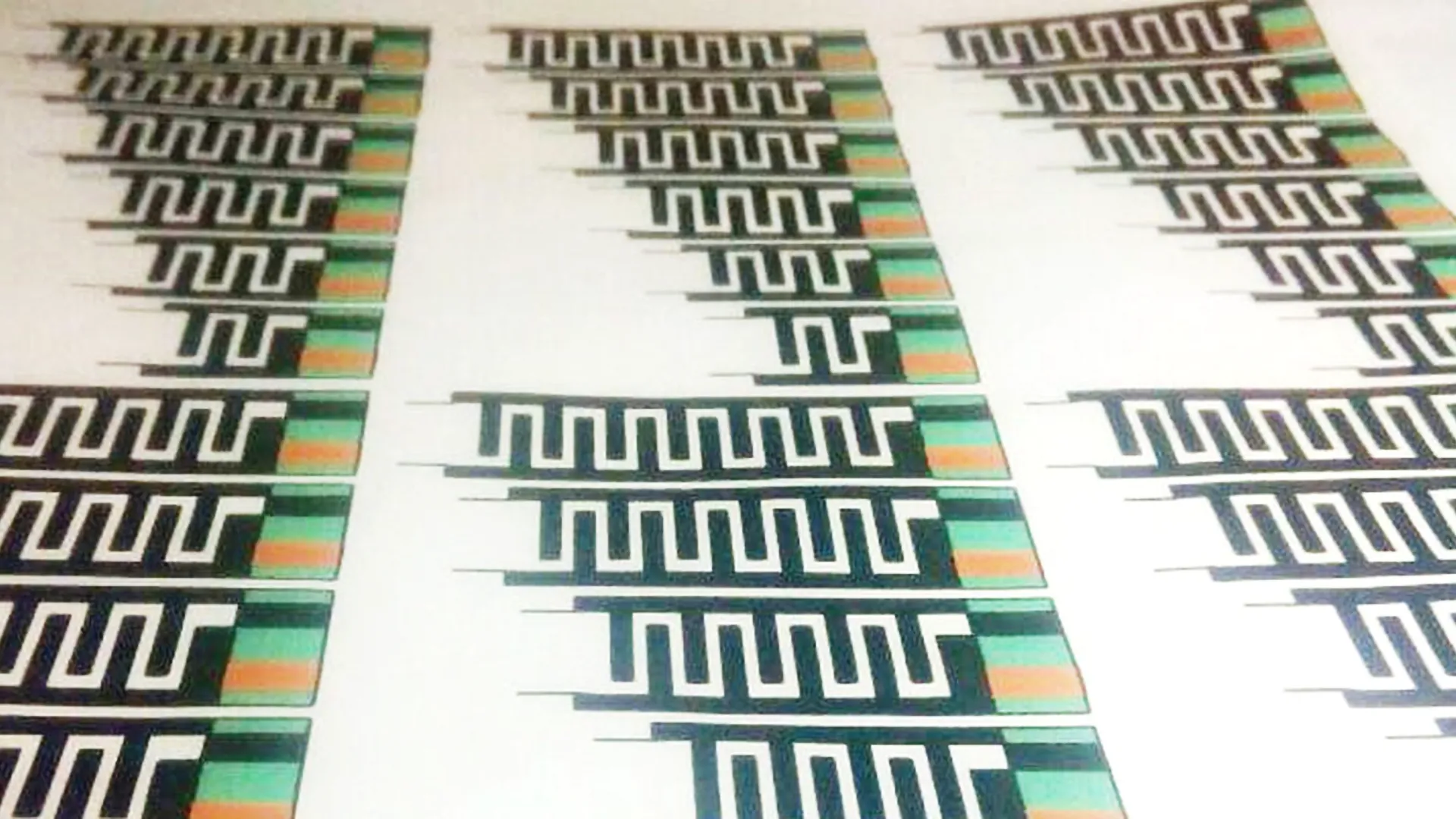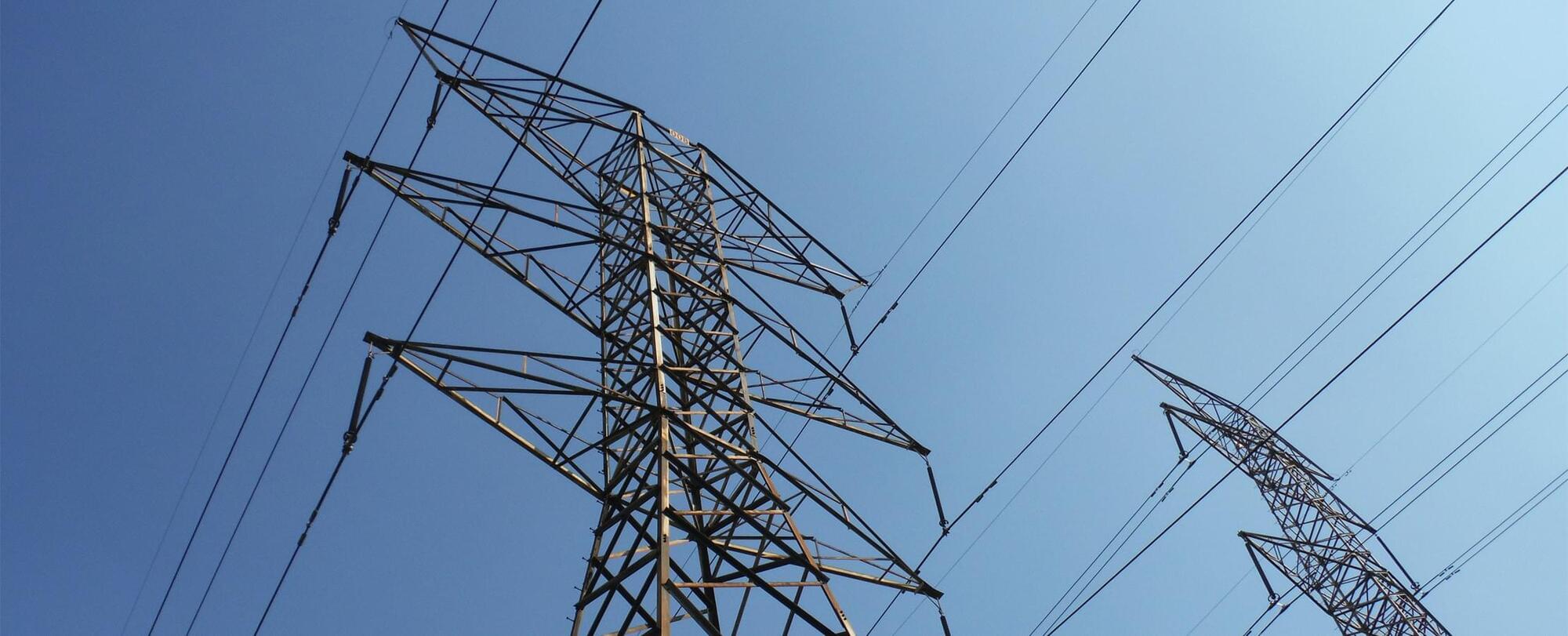More people believe misinformation about electric vehicles (EVs) than disagree with it, according to surveys of four countries, including Australia, Germany, Austria, and the US. The survey found having a conspiracy mentality was the main factor influencing such beliefs, the authors say.
The main misinformation-related concerns for Australians included that EVs are more likely to catch fire, that EVs are intentionally complex to prevent DIY, and that batteries are deliberately non-upgradeable. The authors also found that fact sheets and dialogues with AI-chatbots helped reduce belief in misinformation and increased pro-EV policy support and purchase intentions.
A University of Queensland-led study published in the journal Nature Energy has found misinformation about electric vehicles (EVs) has taken root in society and is primarily fueled by mistrust and conspiracy theories.
